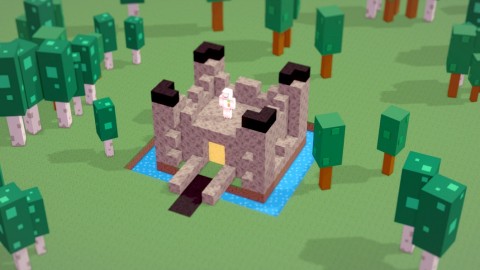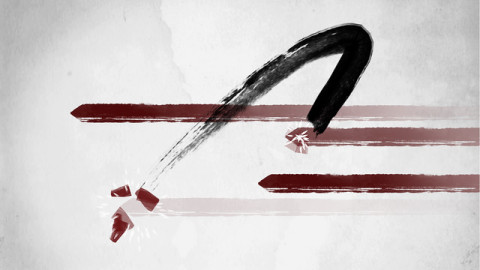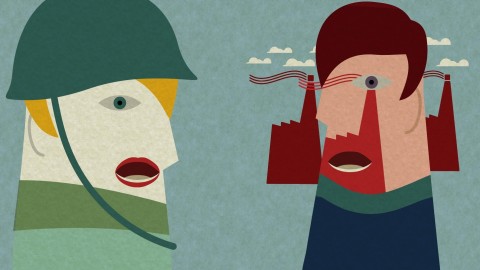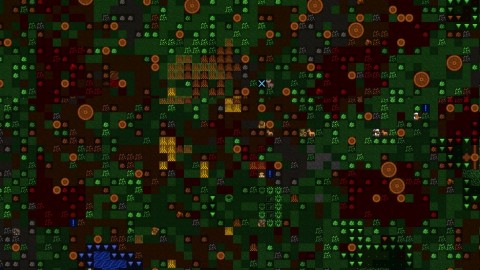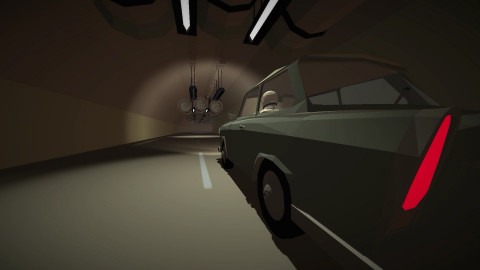
Installation reveals the game-like complexity of life on the Scottish isles
Off the Western coast of Scotland, the Hebrides are a set of islands somewhat removed from the mainland. Scottish Gaelic is most prevalent there, but the furthest island out appears to be named for a non-existent saint, while some get their names from Norse or even pre-Celtic languages. 1973 horror film The Wicker Man is set on a fictional island among the Hebrides, and so is The Chinese Room’s Dear Esther (2012). There’s a misty sense of uncertainty brought on by the distance between the far-flung islands, and by the fact that travel from one island to another has historically…
